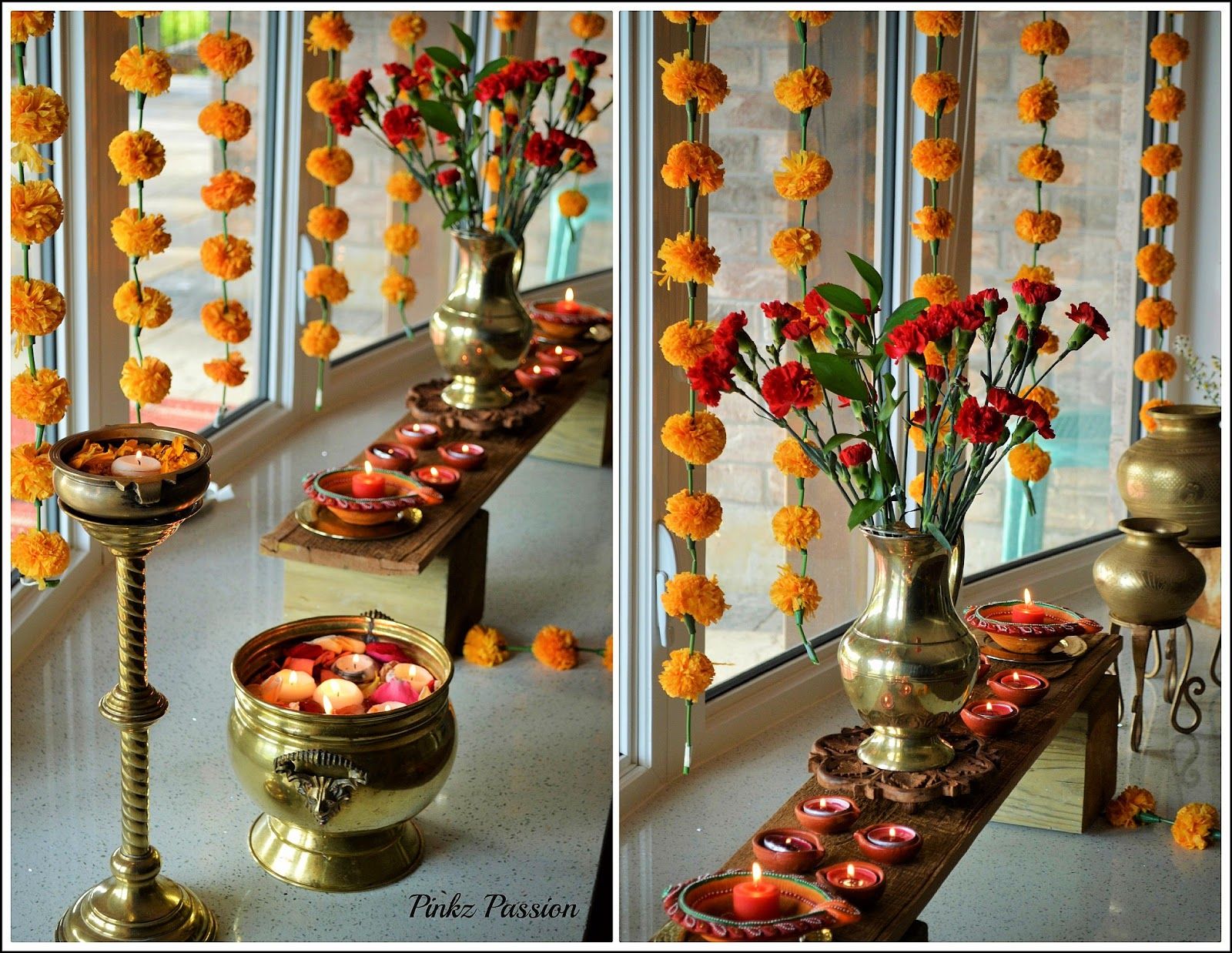Decorate for Diwali: Meaning Behind the Festive Glow

Diwali, known as the Festival of Lights, is one of the most eagerly anticipated Hindu festivals celebrated by millions of people around the world. This five-day celebration is not only about the pomp and grandeur but also about deeper cultural, spiritual, and social meanings. As we explore the significance behind each decorative element of Diwali, let's delve into the traditions that make this festival come alive with light and color.
Diwali Decorations and Their Meanings

Diwali decorations are more than just festive adornments; they symbolize deeper cultural, religious, and philosophical themes. Here’s a breakdown of some common Diwali decorations and their meanings:
Diya (Oil Lamps)


The diya, or oil lamp, is perhaps the most iconic symbol of Diwali. Made from clay or metal, these lamps are lit to:
- Ward off darkness: Symbolically, the diya represents the triumph of light over darkness, good over evil, and knowledge over ignorance.
- Illuminate knowledge: The light from the diya signifies the inner enlightenment and the awakening of the soul.
- Honor Lakshmi: According to mythology, diyas are lit to welcome Goddess Lakshmi, the deity of wealth and prosperity, into homes.
Rangoli

Rangoli is an art form where colorful powders, rice, flower petals, and other materials are used to create intricate patterns on the floor or ground. The act of creating rangoli has several meanings:
- Hospitality: It marks the threshold of the home to welcome guests and deities.
- Purification: The vibrant colors are believed to purify the surroundings.
- Good Fortune: Designs often include auspicious symbols like footprints of deities, believed to bring blessings.
Flowers

Floral decorations play a crucial role:
- Marigolds: Known as “Genda Phool” in Hindi, these bright orange flowers symbolize purity, auspiciousness, and are used to create garlands and torans (door hangings).
- Roses, Jasmine, and Chrysanthemum: They are used for their fragrance, believed to attract positive energies.
- Lotus: Representing beauty and purity, it’s also a symbol for Lakshmi, who is often depicted sitting on a lotus.
Diwali Lights and Lamps

In modern times, electric lights and fairy lights add to the festive glow:
- Symbolism: Just like traditional diyas, these lights also signify enlightenment and the overcoming of ignorance.
- Technology: They blend tradition with contemporary aesthetics, making Diwali celebrations more visually spectacular.
Torans (Door Hangings) and Bandhanwars

These are decorative hangings for doors:
- Welcome: Torans are meant to welcome guests and deities into the home.
- Protection: They are believed to ward off evil spirits and negative energies.
Table for Diwali Decorations and Their Significance

| Decoration | Significance |
|---|---|
| Diya | Light over darkness, welcoming deities, purity |
| Rangoli | Hospitality, purification, good fortune |
| Flowers | Purity, beauty, fragrance, auspiciousness |
| Lights and Lamps | Enlightenment, overcoming ignorance |
| Torans/Bandhanwars | Welcome, protection from evil |

🧶 Note: When setting up your Diwali decorations, consider the placement of each item for maximum impact and symbolic value.
As we delve into the meanings behind these decorations, we realize that Diwali isn't just about celebrating with lights and colors but about commemorating cultural values and beliefs. Each element of decoration serves as a reminder of the spiritual and moral lessons embedded in Hindu culture. The act of lighting diyas, the careful crafting of rangoli, the choice of flowers, and the hanging of torans all contribute to a collective celebration of knowledge, righteousness, and prosperity.
In summary, Diwali decorations are not only visually stunning but are imbued with profound symbolism. They transcend mere festivity by embodying the essence of victory, enlightenment, and togetherness. The next time you participate in Diwali decorations, take a moment to appreciate the rich tapestry of traditions and the deep cultural meanings that these festive glows signify.
Why is Diwali celebrated with so many lights?

+
Diwali celebrates the victory of light over darkness, knowledge over ignorance, and good over evil. The use of lights symbolizes the eradication of darkness or ignorance and the spreading of knowledge and goodness.
Can I celebrate Diwali if I am not Hindu?

+
Absolutely! Diwali is an inclusive festival that celebrates universal themes of light, happiness, and new beginnings. People from various backgrounds participate in Diwali celebrations, embracing its spirit of unity and joy.
What are some eco-friendly ways to decorate for Diwali?

+
Eco-friendly decorations for Diwali can include using reusable diyas made of clay, LED lights instead of traditional oil lamps, biodegradable rangoli powders, and dried flowers instead of fresh ones to reduce waste.



